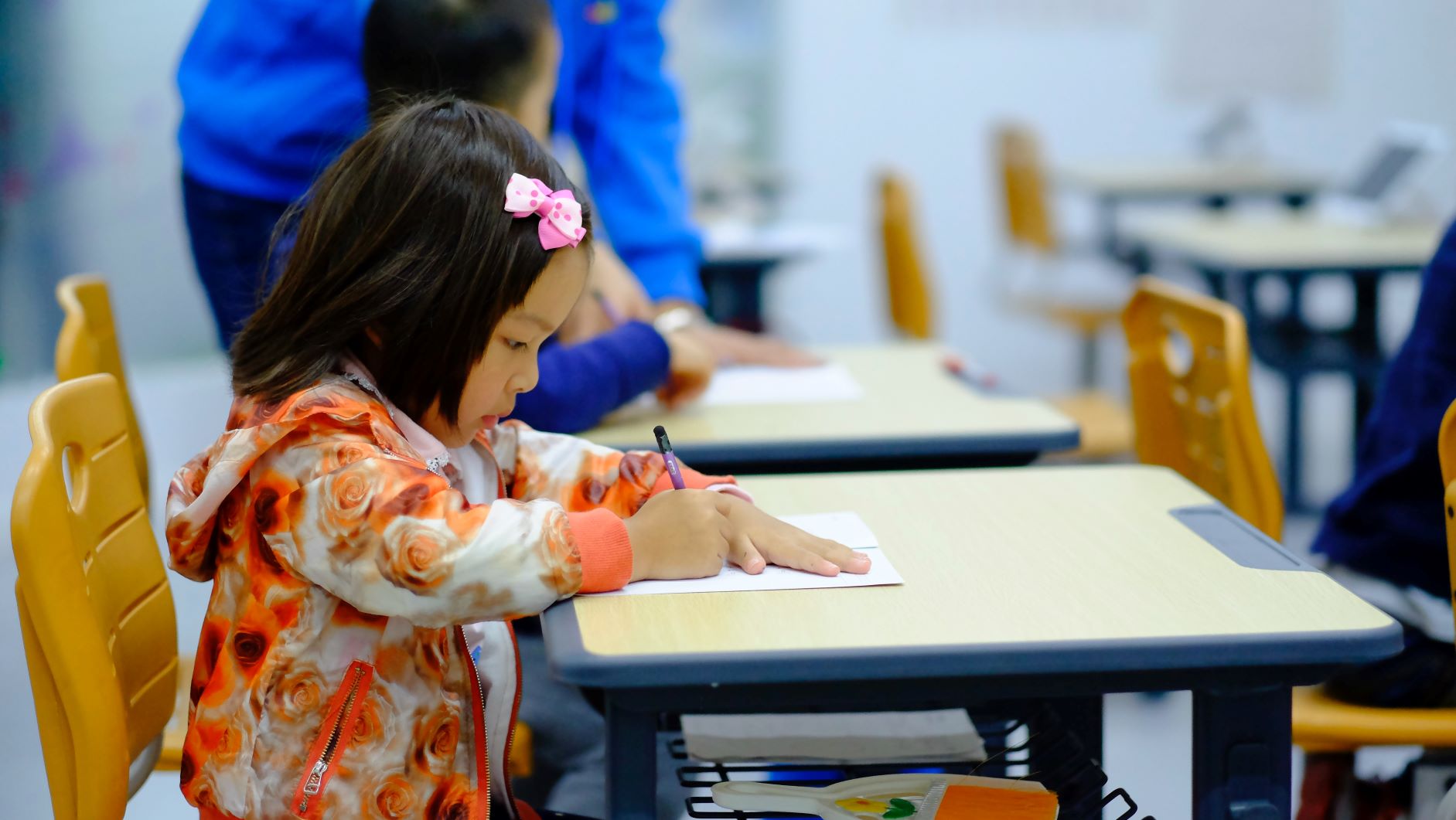Schools and Early Learning Centres will re-open tomorrow under Alert Level 2.
All children can go to school or Early Learning Services, with the exception of those who are sick, showing COVID-19 symptoms, in isolation, or awaiting for the result of a coronavirus test. Distance learning will still be available for those who need to remain at home.
The SMC asked experts to comment on how children, their caregivers, and teachers can prepare for the big change in their day-to-day routines.
Jacqui Maguire, Registered Clinical Psychologist, comments:
“Monday marks the return to school, and how our children psychologically adapt back into the classroom will not be unanimous. A child’s experience of lockdown, home environment, temperament, familial attitude toward COVID-19, familial financial security and their underlying mental health are factors that will contribute to the variance.
“Some children will be so excited about the restart of school they won’t sleep the night before. Others may experience anxiety upon return or grief that lockdown and family time has ended. Conversely, some children may return indifferent, as if the last six weeks didn’t occur.
“It will be important for teachers to gain awareness of how their students are adapting so they can put appropriate support measures in place. This will require 1:1 time with each student, which I acknowledge will put additional requirements on teachers.
“In an age appropriate manner, it is advised teachers normalise the variety of emotional reactions their students may be having, and to encourage respect for their peers’ differences through this time.
“For example, in a new entrance class, an appropriate message would be: ‘Many people in the world have been getting sick, so we all had to stay at home to stay safe. How did you find that? Scientists have now decided it’s safe for us to come back to school; as long as we remember to wash our hands often and sneeze into our elbows. We will put pictures up to remind us to do these things as sometimes it’s tricky to remember. Some of us will feel happy being back at school, some of us will feel scared. Does anyone feel anything else? No matter what we feel, it’s ok! We are all going to be kind to each other, have some fun together, and slowly get used to being back at school.’
“In contrast, a senior class may have a discussion about life-altering events, resilience, emotional regulation, respect for others and transition.
“Labelling emotions is critical for emotion regulation, and research clearly demonstrates we need students to be calm to learn. If a classroom has students experiencing anxiety, it is helpful to keep the classroom calm (low noise, inside voices, and warning provided for each activity).
“It is also important teachers are aware of their own emotional responses as they return to school. Emotions are contagious, and whilst it is understandable some may be anxious, we don’t want this imposed on children. It would be helpful for schools to encourage peer support and professional supervision if required. Teacher self-care should be actively promoted, and activities like mindfulness could be undertaken during class time to benefit the teacher and students.
“Lessons from the Christchurch earthquakes would also advise schools to set realistic expectations, actively building in time for psychological transition rather than expecting an automatic return to routine. Whilst we might be anxious to ensure our students don’t academically suffer as a result of COVID-19, initial focus on emotional wellbeing will, in the long run, equal a faster return to optimal learning conditions. After all, 2020 is not a usual academic year for students or teachers. And when we are faced with the unusual, we have to flex and adapt to move forward well.”
No conflict of interest.
